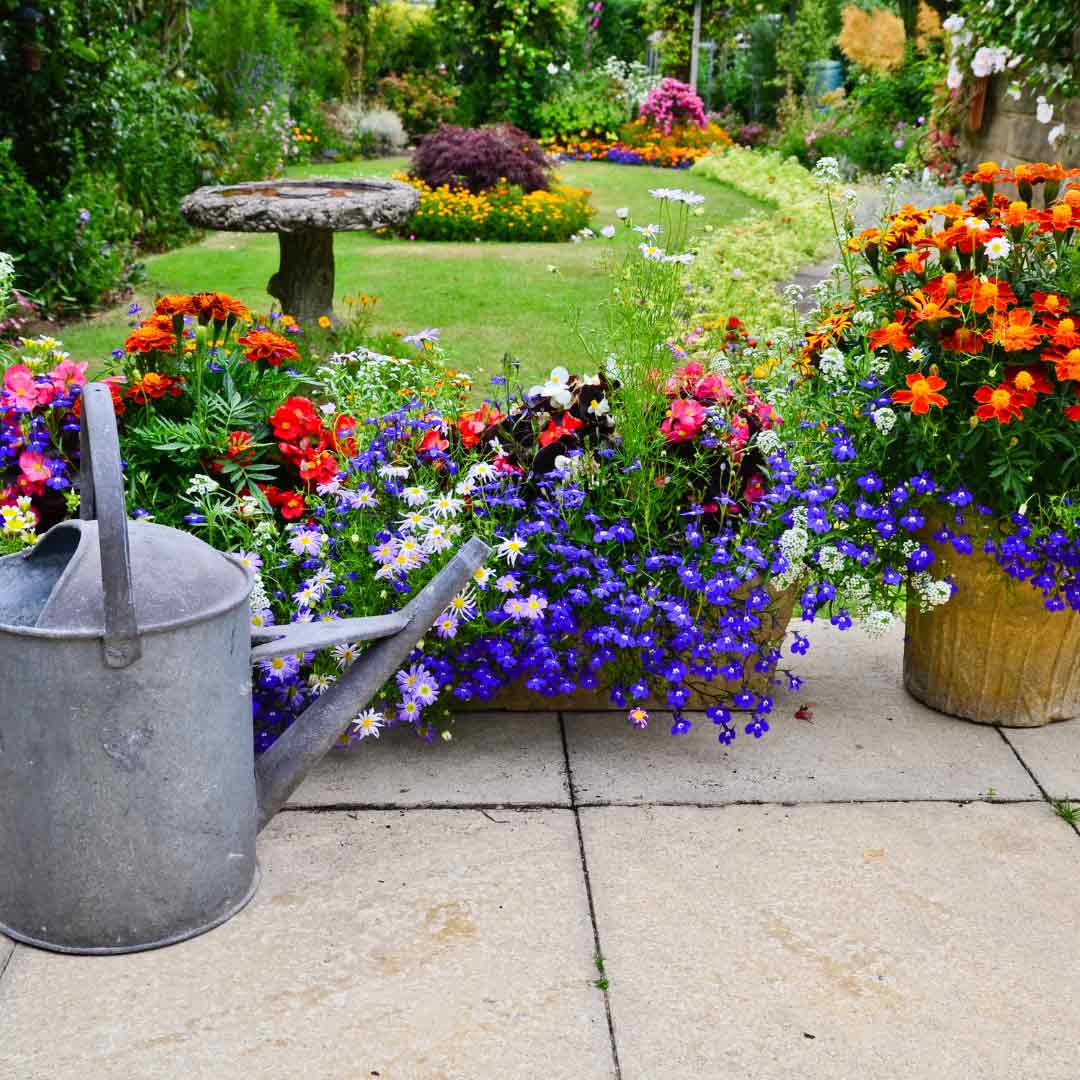BIODIVERSITY NET GAIN AND WHAT IT MEANS FOR PLANNING IN 2024
Biodiversity Net Gain (BNG)-What is this and what does it mean for homeowners and developers?
The Government has brought in a new Regulation given the very long title “The Biodiversity Gain (Town and County Planning) ( Modifications and Amendments)( England) Regulations 2024.”
Within the title, mention is made of Biodiversity Gain but actually, it’s all about Biodiversity Net Gain. This regulation came into effect in England from January 2024 and larger planning applications will be required to include an ecology report from 12th February 2024.
All planning applications for developments that are more than a few houses, a self build development or house extension or small conversion are required to demonstrate that the development will improve biodiversity on the site. As a result, an ecology report is required prior to the development in order to assess the sites current biodiversity value. The report should include recommendations on how to improve the biodiversity value which might include measures to provide nest boxes for birds and bats, planting native trees and hedges and planting flowering plants. That’s the basic level of the type of improvement that might be feasible. Extensive measures are required for larger schemes and some proposals, perhaps city centre congested site developments may require that biodiversity credits are purchased to be used with off-site biodiversity schemes. Off-site biodiversity net gain will only be considered after demonstrating that it is not possible to achieve the net gain required on-site. Most developments in England need to show a minimum 10% net gain improvement before planning consent will be granted.



Why has this Regulation been brought in?
According to information on the Royal Society website, between 1990 and 2020 around 420 million hectares of forest, mainly tropical forest, has been lost and a further 10 million hectares, an area equivalent to Scotland and Wales combined, is lost every year. A recent report indicated that one million species could be threatened with extinction. Since 1500, 1.6% of birds, 1.9% of mammals and 2.2% of amphibians have been recorded as extinct.
As individuals we can all do something to reduce our impact on Climate Change and to improve Biodiversity Net Gain. We can consider our impact through what we eat, what we buy and where we buy it from. We can reduce our waste, improve the level of recycling, and look to repair and re-use clothing and goods when we can.
We can plant flowing plants in our gardens, use window boxes in urban areas and create borders of plants around the edges of our lawns.
There’s a lot of information on the Royal Society web site www.royalsociety.org, Natural England web site Biodiversity net gain: where to start – Natural England (blog.gov.uk)
What do you need to do?
If you are concerned that your upcoming planning application may be affected by the new Biodiversity Net Gain legislation, please contact us, call us on 01634 710 881 or email info@synergyppc.co.uk. We have over 20 years of experience in getting planning applications successfully through all stages and pride ourselves on being up to date on the latest requirements so we can ensure every application we take on can be successful.
